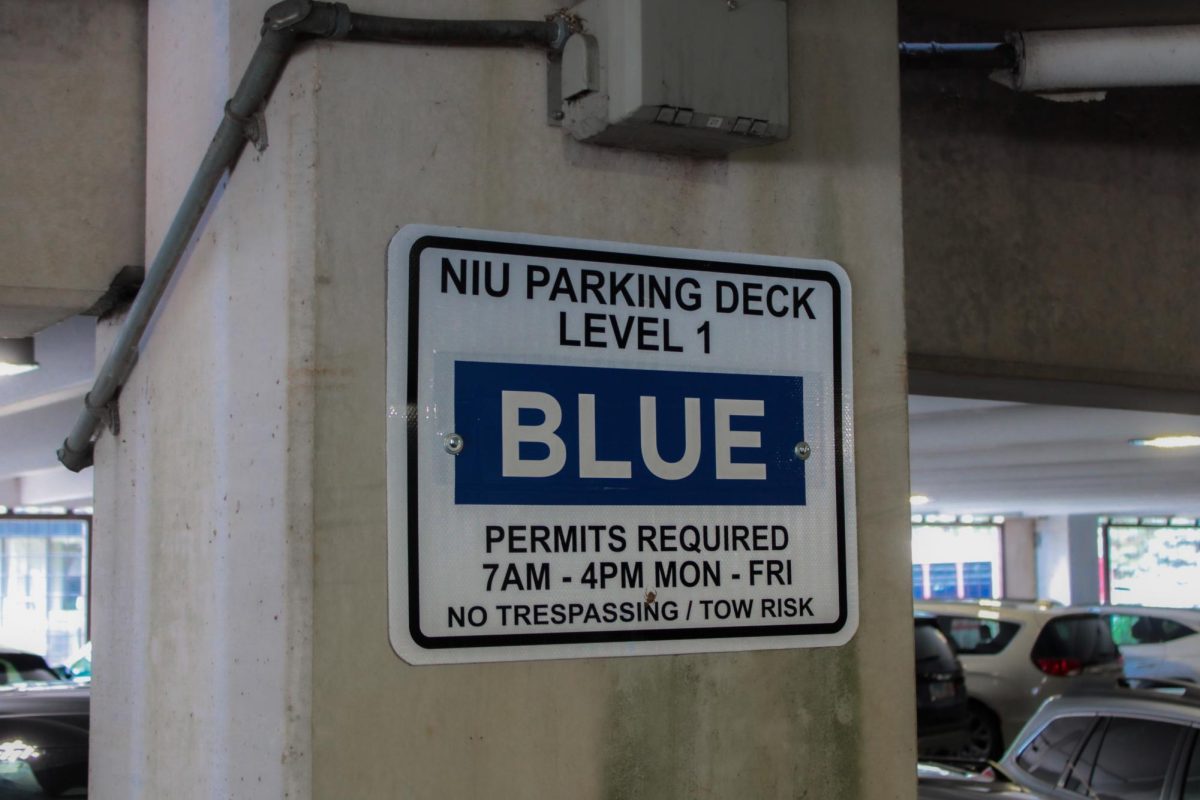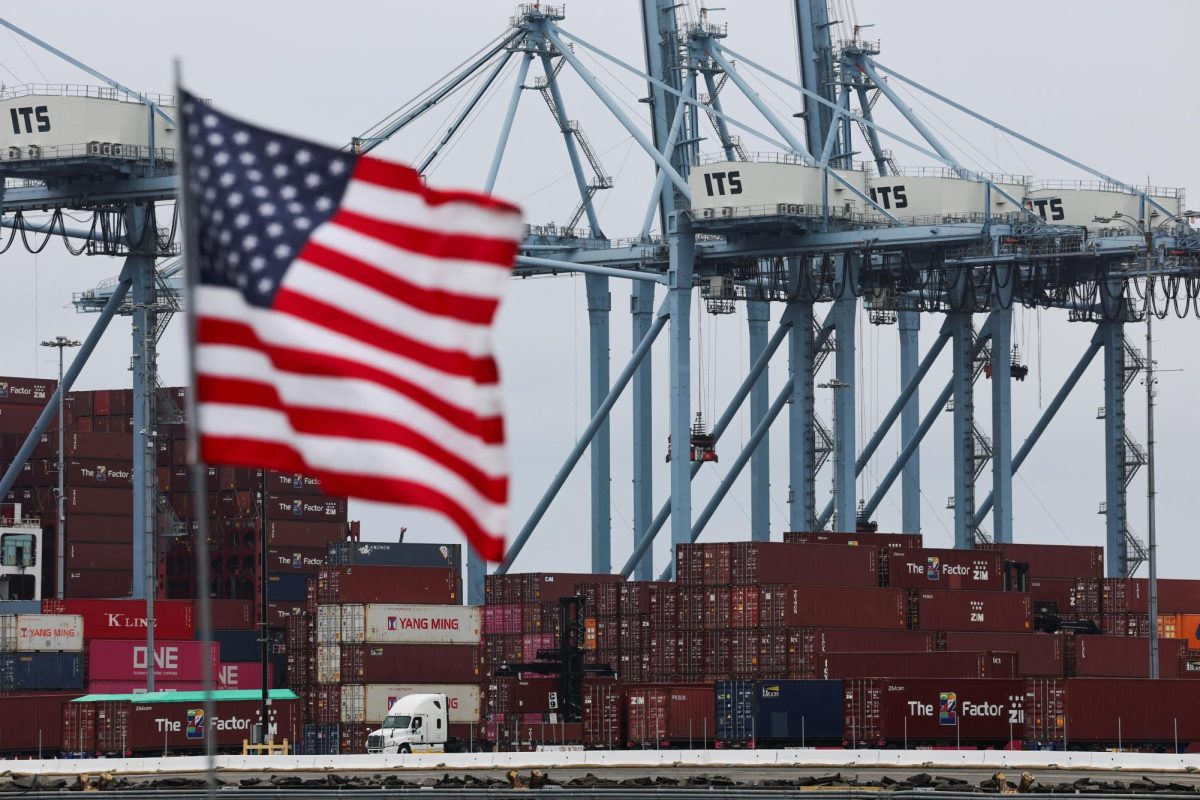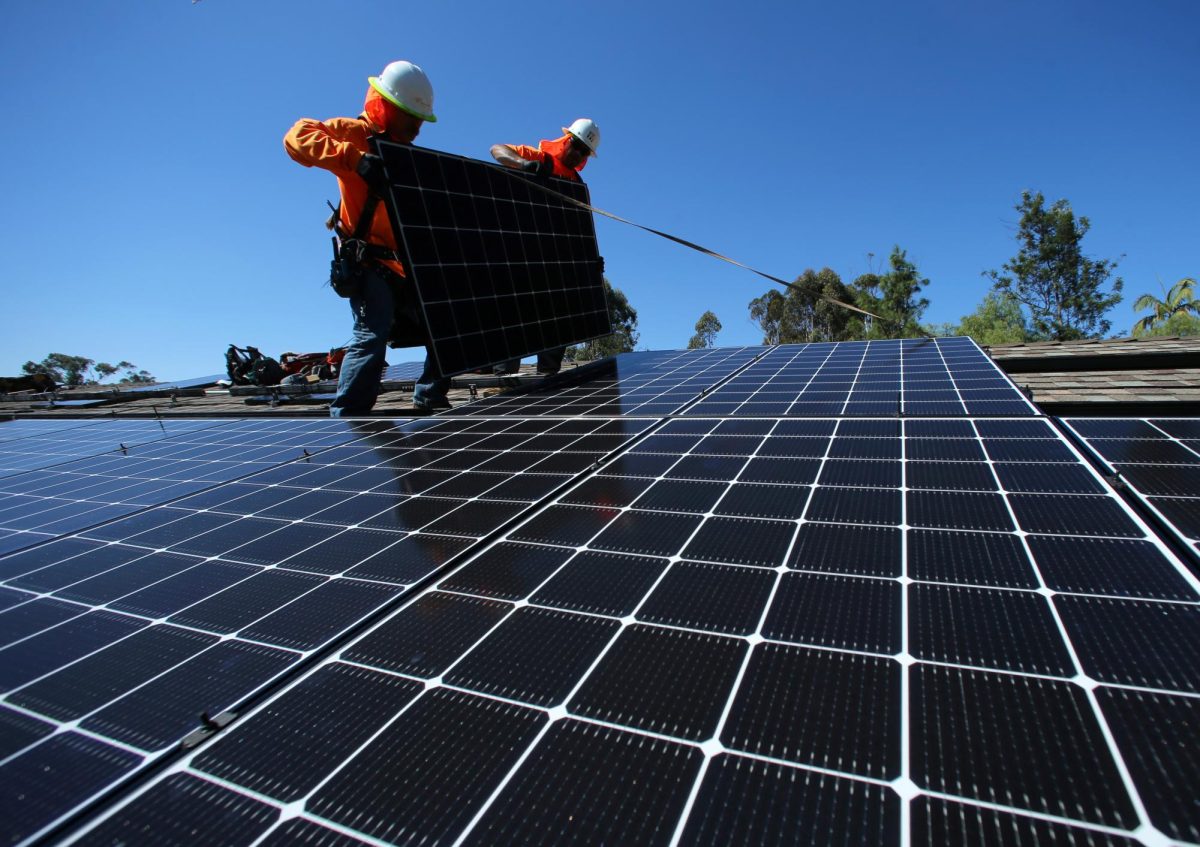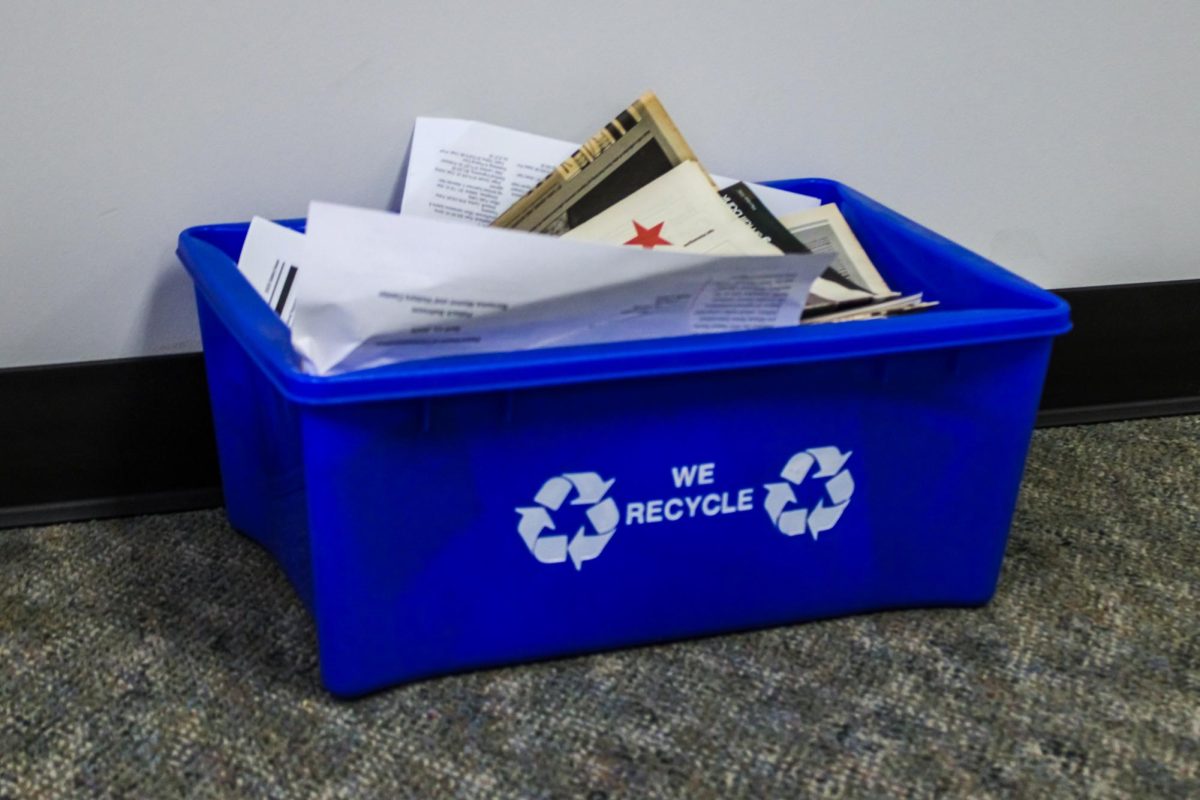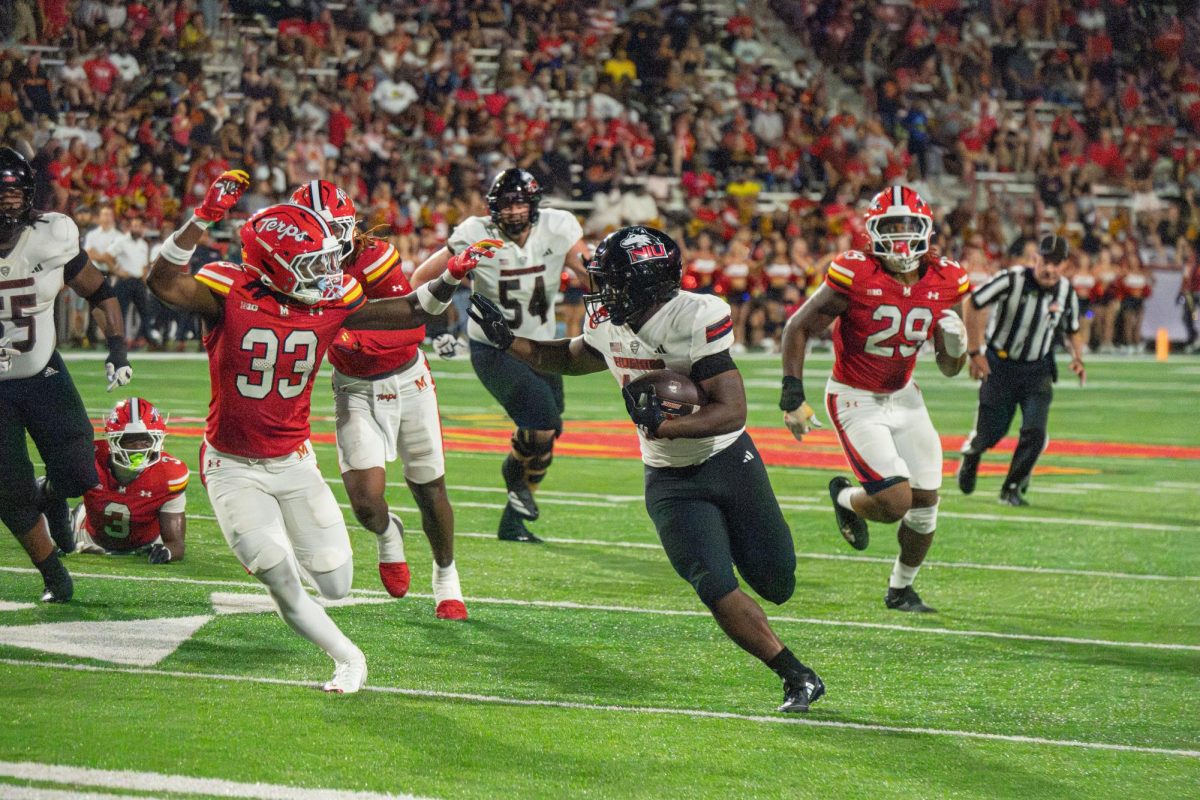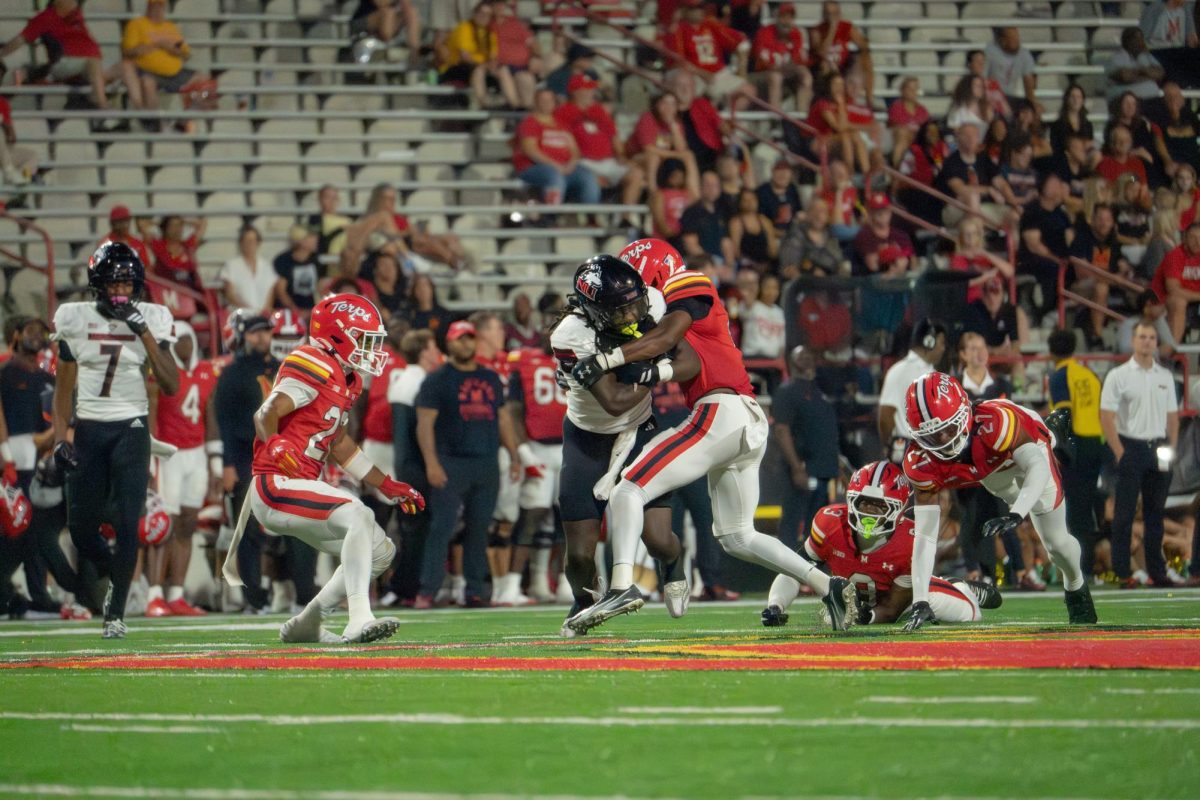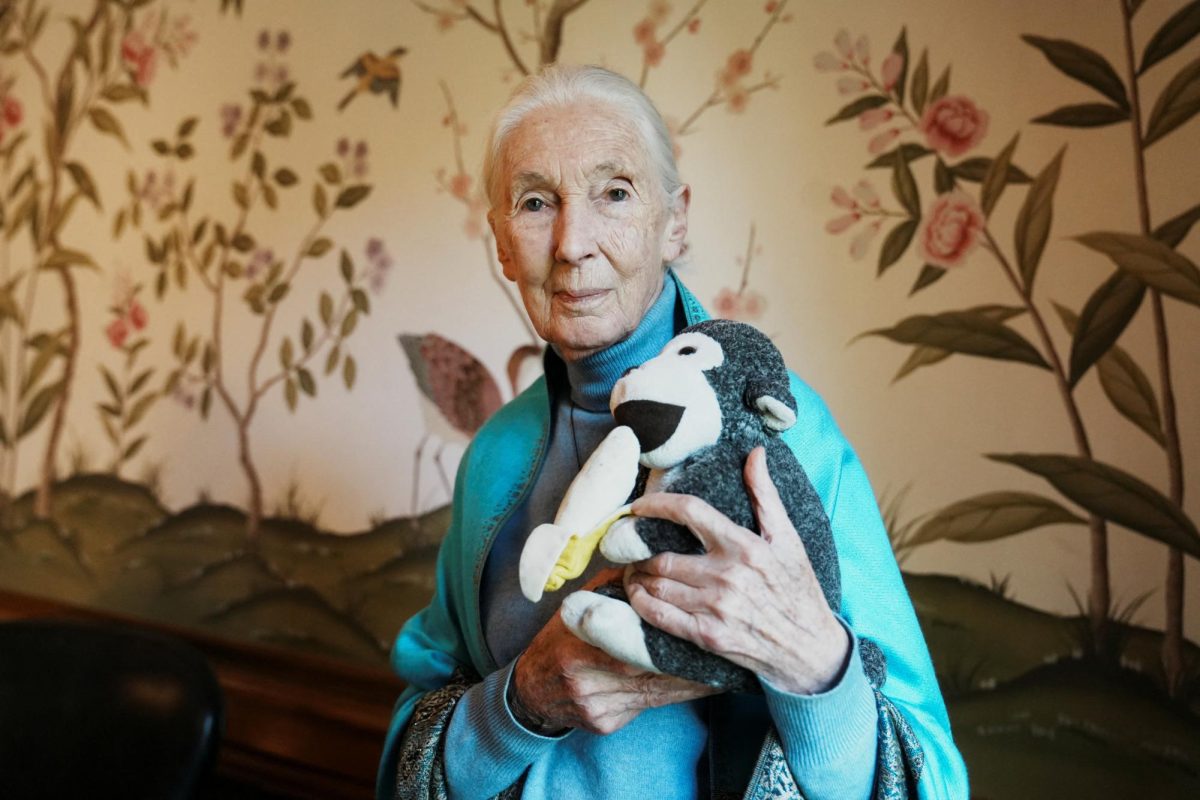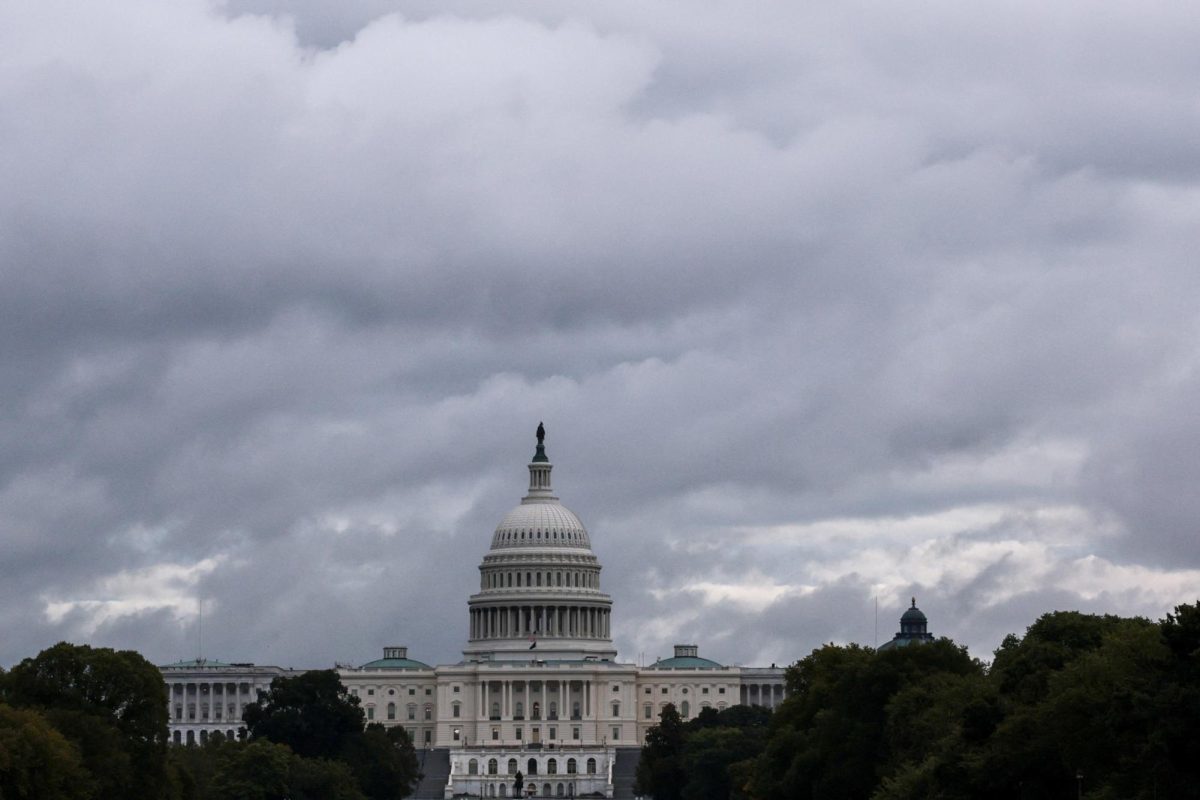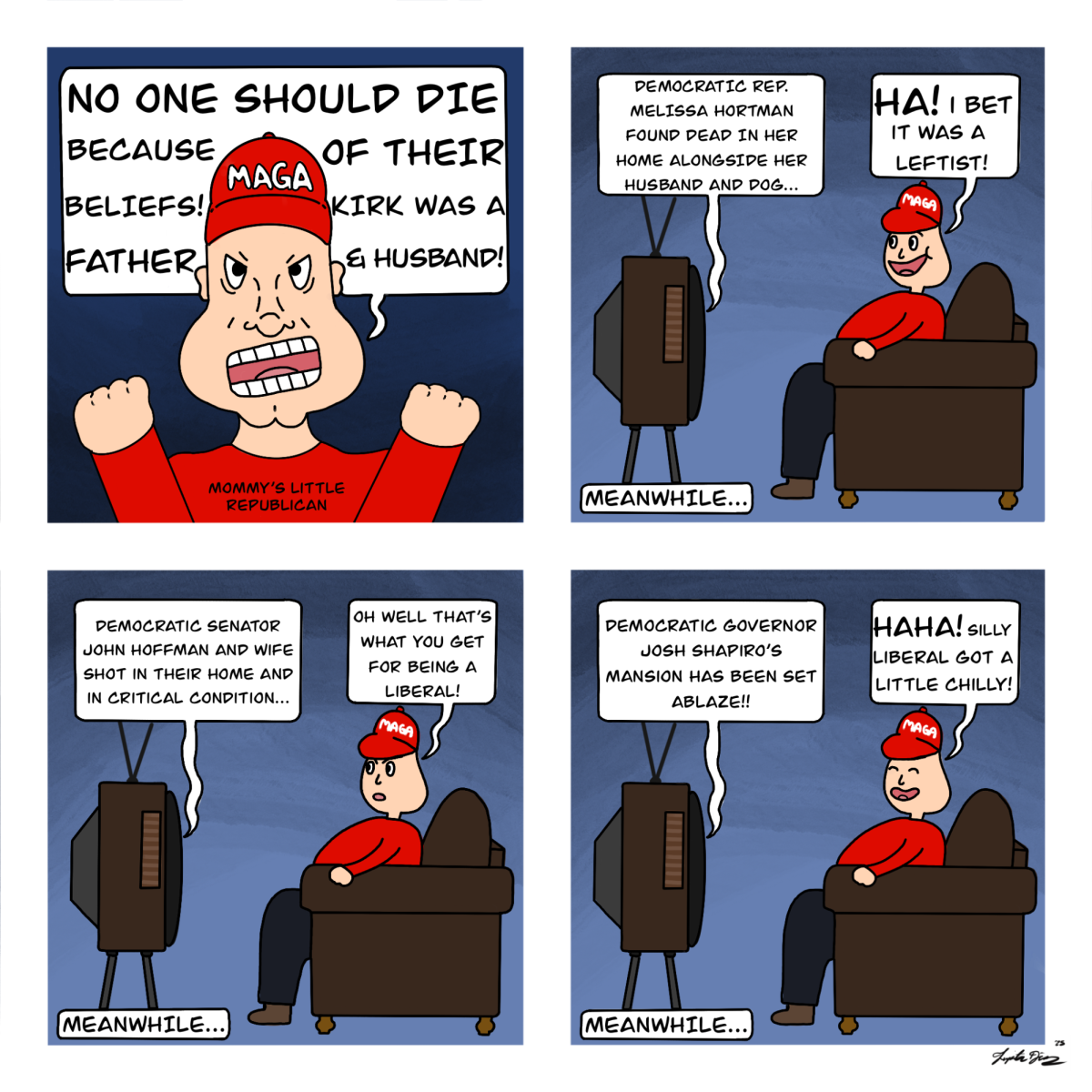Around $16 billion was spent on the political campaigns of 2024, making it one of the most expensive election years in U.S. history. This level of spending is wasteful and harms the government’s credibility.
U.S. elections have been growing more expensive for years as candidates look to spread their message farther than their opponents through advertising, yard signs and posters. Money is also spent hiring campaign staffers for various important tasks, such as fundraising and organizing events.
Generally, the candidate who spends the most wins the election, though there are exceptions such as Kamala Harris’ loss to Donald Trump in 2024. This naturally leads to fundraising races between candidates to outspend each other, causing increasingly large amounts of money to be raised to elect one person to an office.
There are effectively no limits on campaign spending due to the Citizens United v. Federal Election Commision Supreme Court decision in 2010. Through this decision, the Supreme Court removed restrictions on “independent” spending by corporations and labor unions, which is money that is not directly donated to candidates or parties.
However, only one candidate can win an election, while the losers effectively waste their money, especially since their message will likely lose some of its impact by the time the next election cycle arrives. Increasing expenses for political campaigns will naturally lead to more waste.
The justification for the Citizens United decision was that limitations on independent spending violated the freedom of speech of donors. However, this decision wrongly assumes that elections are as much a part of the private sector as the public.
“The Supreme Court has generally determined that it’s more feasible to regulate the public sector than the private sector,” Scot Schraufnagel, a professor of political science, said. “The public sector is we, the people, and so we can regulate ourselves, the government can regulate itself. These are public offices. They belong to the people. They belong to the government, and so I believe the government can regulate itself and that the government can restrict spending in election campaigns without violating the First Amendment.”
Without any real limits on donations and the need to constantly outspend opponents, candidates naturally find wealthy donors appealing. However, this creates the concern these donations might come with strings attached, weakening trust in a government already considered untrustworthy.
This has become especially concerning following the establishment of the controversial Department of Governmental Efficiency led by Elon Musk, the world’s richest man and easily one of Trump’s largest donors. Though Musk’s influence over the government is debatable, his position nevertheless suggests that wealth can lead to power within the U.S. federal government.
Faith in the government being run by competent officials rather than those with the most wealth will never be restored so long as campaign spending remains at the ridiculously high levels it has reached. If the government is truly interested in reducing waste and inefficiency, it should start with the financial black hole of election cycles.





